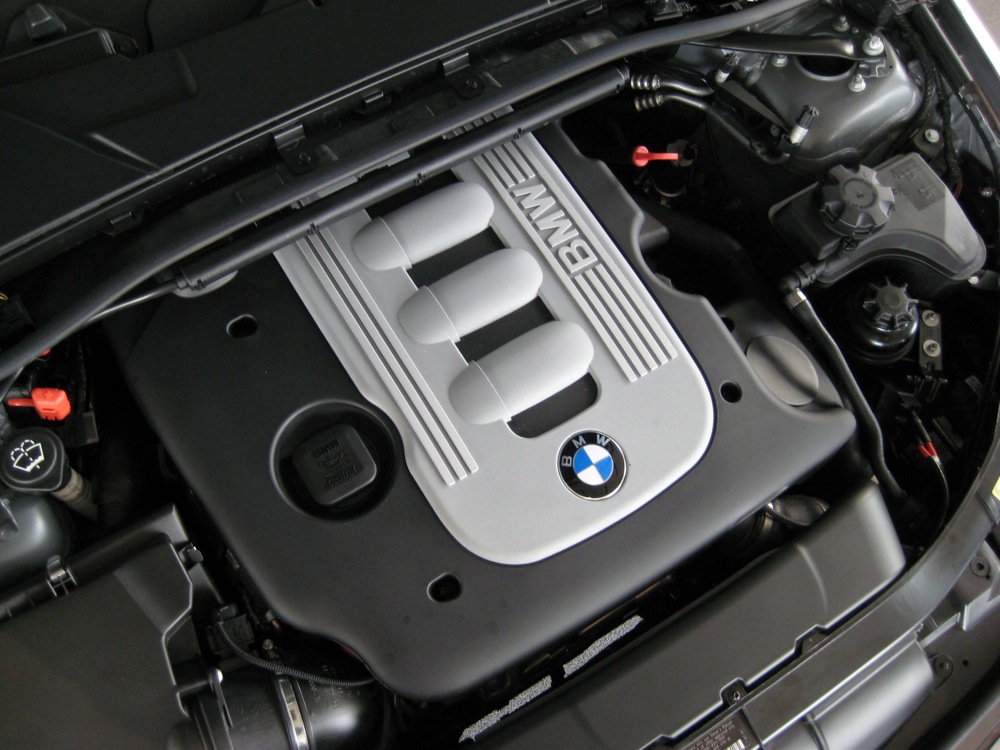Earlier this week our sister site Motor Authority reported that the European arms of BMW and Toyota had plans to work together on exchanging diesel and hybrid car technology in a mutually beneficial agreement.
Now the two firms have outlined the full details of the agreement in a press conference held earlier today at the 2011 Tokyo Motor Show, showing more to the agreement than we initially thought.
Battery technology
According to the official press release, Toyota and BMW signed a memorandum of understanding earlier this week at the show, “concerning a mid-to-long-term collaboration on next-generation environment-friendly technologies.”
In the real world, that equates to collaborative research into next-generation lithium-ion battery packs for use in hybrid, plug-in hybrid, and all-electric cars.
Something not mentioned before today, the agreement is a smart move for both companies, thanks to Toyota’s extensive experience of battery packs in its world-class Prius hybrid car and BMW’s ongoing field trials into all-electric cars culminating in the market launch of the i3 and i8 plug-in cars.

2009 BMW 335d
Toyota getting 1.6, 2.0 liter diesels
In addition to lithium-ion battery pack research, the deal covers diesel engines as we described on Tuesday.
In Europe, where diesel engines can be found in around 50 percent of all new cars, Toyota Motor Europe will gain BMW’s 1.6 and 2.0 liter diesel engines. Currently offered as powerplants in cars like the BMW 3-series, the two engines will be used by Toyota to boost its under-represented diesel portfolio in Europe.
Open agreement
But while diesel, battery and hybrid technology collaborations form the basis of the agreement, both companies remain open to the possibility of working together on other projects, provided it proves mutually beneficial.
In reality, it may prove a little more difficult than simply finding common shared ground. As MotorAuthority points out, Both Toyota and BMW already have extensive, specific agreements with other automakers, covering a wide range of hybrid and high-mileage technologies. For example, BMW is planning to sell its diesel engines to French automaker Citroën, as well as develop small-engined hybrids with the Peugeot-Citroën group for use in the next generation Mini.
Toyota is similarly tied into various other green technology agreements, including licensing its hybrid engine technology to both Nissan and Mazda, as well as an electric vehicle partnership with Tesla.
With existing agreements already penned with rival automakers in similar areas of technology, the new BMW Toyota relationship may not be quite as wide-ranging as the open-ended press release may indicate, but we look forward to seeing what the two firms can produce together.
+++++++++++













